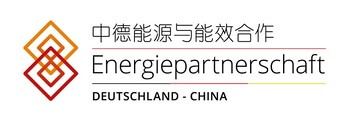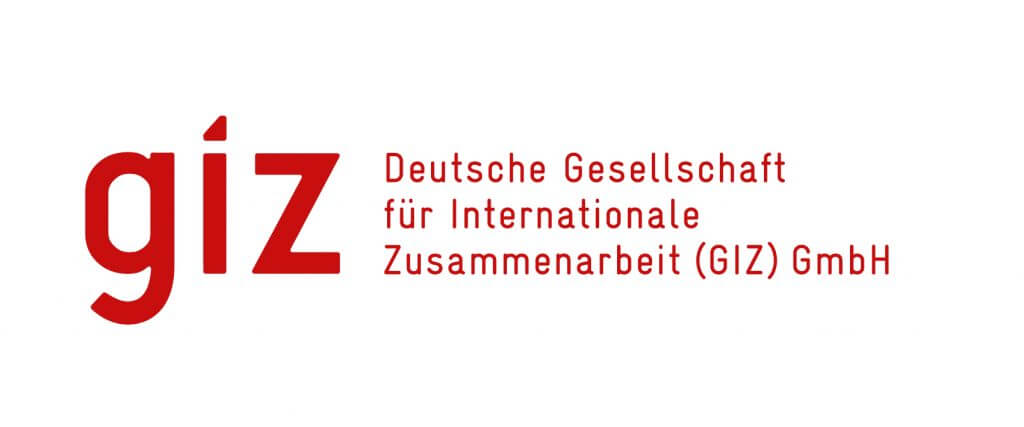
Cities, accounting for about 70% of the final energy consumption and greenhouse gas emissions worldwide, are crucial for a successful global energy transition. In Germany as well as in China, many cities, urban districts and industrial parks are striving to restructure their local energy supply system and achieve a sustainable development by increasing energy efficiency and making greater use of climate-neutral potentials.
Against this background, Deutsche Gesellschaft für Internationale Zusammenarbeit (GIZ) GmbH implements the demonstration project on energy saving in cities jointly with the German Energy Agency (dena) and the China Energy Conservation and Environmental Protection Group (CECEP Consulting). The demonstration project is part of the Sino-German Energy Partnership between the German Federal Ministry for Economic Affairs and Climate Action (BMWK) and the National Development and Reform Commission of the PR China (NDRC).
The overall aim of the project is to contribute to municipal climate protection by developing and implementing an integrated concept for the efficient and sustainable energy system of an urban district or an industrial park and to identify existing – and economically interesting – energy saving and greenhouse gas emission reduction potentials. Furthermore, the project aims at improving the market conditions for energy efficiency technologies and services for the realization of sustainable local energy systems, strengthening the private sector cooperation between Germany and China, and involving German companies in the implementation of energy efficiency measures.
The demonstration project introduces German and international experiences and best practices on low-carbon integrated municipal energy planning, relevant technical standards, technologies and innovative business models to China. Both German and Chinese stakeholders from local authorities, industry and academia are involved in the pilot project. The project implementation mainly focuses on the following work streams:





Project Manager
Sino-German Demonstration Projects on Energy Efficiency in Industry and Cities
Deutsche Gesellschaft für Internationale Zusammenarbeit (GIZ) GmbH
